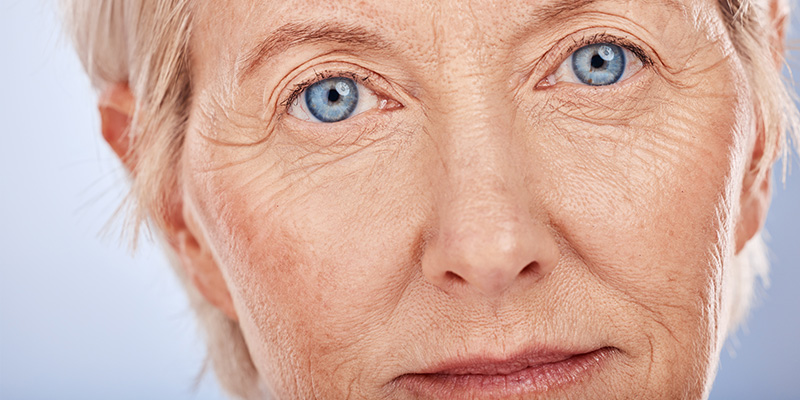Detoxification stops with dehydration: the underestimated danger
Our body is a highly complex system that relies on an adequate supply of water to function optimally. But many people don't know this: Dehydration can not only lead to thirst and dryness, but can also have serious consequences for the body's detoxification processes. When the body is dehydrated, it stops many non-essential processes - including detoxification. The consequences are far-reaching, and most people don't realize until far too late that their body has been suffering from a lack of water for a long time.
Dehydration and the consequences for detoxification
Dehydration means that the body is no longer supplied with sufficient fluids. When symptoms such as chronic pain, cognitive impairment, fatigue and other ailments occur, dehydration is often so advanced that the body only provides water for its most basic functions. In this state, less urgent processes, such as detoxification, are drastically reduced.
The problem: without an adequate water supply, the body can no longer effectively remove cellular waste products, environmental toxins and excess fat from the tissues. These waste products remain in the body, accumulate and continue to burden the system. In the long term, this leads to an overload of the detoxification organs such as the liver, kidneys, skin, lungs and lymphatic system, resulting in even more serious health problems.
Water and the acid-base balance
Sufficient water intake plays a crucial role in the body's acid-base balance. The pH value of the blood should ideally be in the neutral to slightly alkaline range of around 7.4 in order to maintain the body's self-healing powers. If the body is dehydrated, the acid load increases, which shifts the pH value towards an acidic environment.
An acidic pH value causes the body to store more fat, as excess acids are bound in the fatty tissue. So if you want to lose weight, you should not only pay attention to diet and exercise, but also to deacidifying the body - and this starts with drinking enough water. It is particularly important to drink enough water when fasting or dieting, where more acids are produced, in order to avoid metabolic crises and support fat burning.
The long-term effects of acidosis
Over the years, the body can compensate for acidosis using its own buffer mechanisms. However, this happens at the expense of valuable minerals. To neutralize the acids, the body removes alkaline minerals such as calcium and magnesium from the tissue, bones and scalp. In the long term, this can lead to problems such as hair loss and bone loss. The toxins that the body is unable to excrete due to dehydration are stored in fatty tissue, joints and arteries, which promotes the development of chronic diseases.
The first signs of acidosis and dehydration are often non-specific, but should nevertheless be taken seriously: Chronic fatigue, difficulty concentrating, digestive problems and skin problems such as cellulite are common indicators. These symptoms show that the body is no longer able to maintain its regular functions and urgently needs support.
The solution: water as a remedy
Healing and regeneration are only possible if we change our destructive lifestyle habits and build a positive culture of health. A crucial step in this process is the regular drinking of pure, highly structured water. This water is not only the perfect solvent to bind toxins and purify the body - it also supports the harmonization of the body's cells and promotes optimal cell metabolism.
Highly structured, pure water has the ability to improve cell communication and supply the body with the energy it needs. If we drink two to three liters of water a day, we can not only reactivate the body's detoxification processes, but also significantly improve our overall quality of life. Water is an "elixir of youth" that can slow down the ageing process, increase vitality and help us to live healthier, longer lives.
Conclusion: prevent dehydration, support detoxification
Detoxification stops with dehydration - a risk that many people underestimate. If we ignore the body's signs and don't drink enough water, we endanger our health in the long term. Drinking water is therefore not just a means of quenching thirst, but a central component of health, healing and well-being.
By consciously choosing to drink enough water, we can detoxify our body, support our self-healing powers and develop a greater awareness of our health. Because only a body that is well supplied with water can function optimally and protect us from the health risks of dehydration and hyperacidity.

